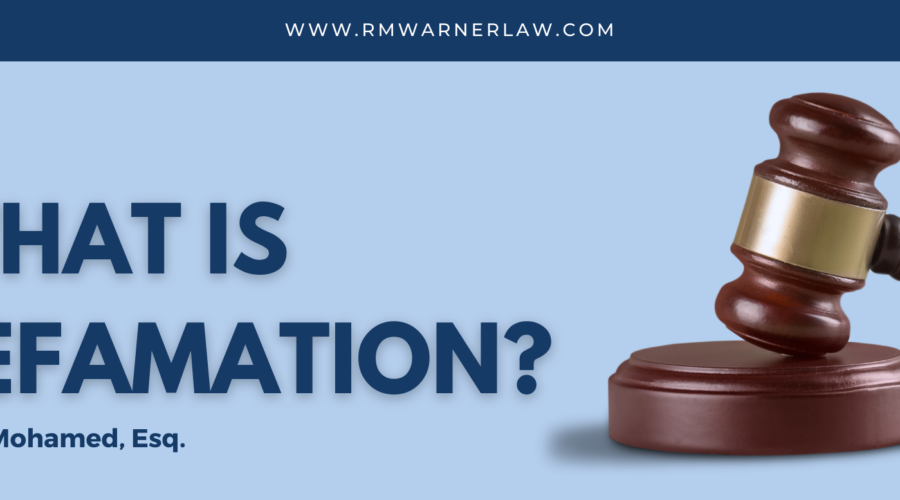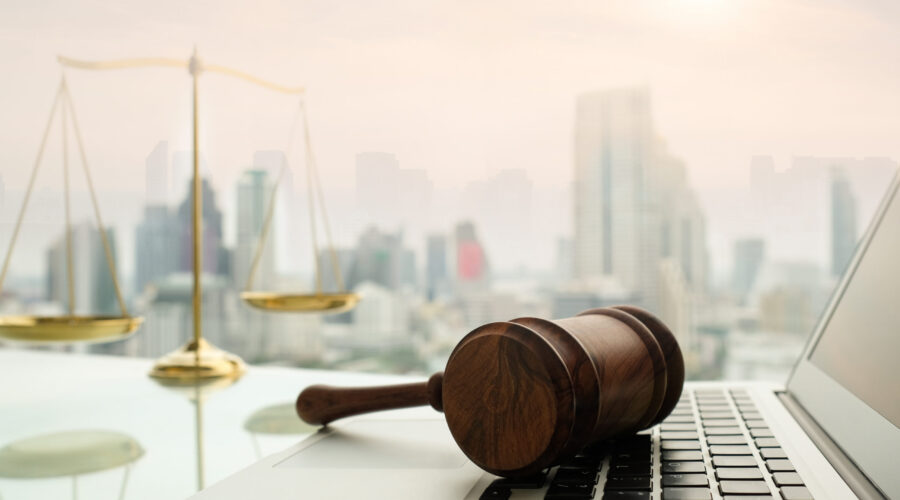Electronic commerce, or e-commerce, refers to the buying and selling of goods and services over the internet. In today’s interconnected world, e-commerce and Artificial Intelligence (AI) have emerged as a transformative force, revolutionizing how businesses operate and consumers shop. As AI continues to advance and...
In the dynamic world of business and entrepreneurship, maintaining a good reputation is crucial to your success. However, in today’s digital landscape, false statements can spread like wildfire and tarnish your image. When this happens, how do you win a defamation lawsuit? Defamation is a...
Did you know that not all speech is free speech? This means there are certain types of speech (written and oral) that are not protected by the First Amendment. The reason for these limitations on our freedom of speech is to ensure public safety and...
In today’s world, with everything connected through the internet, it’s easier for businesses and individuals to be targeted by false statements that can harm their reputations. This issue is called defamation, and it can cause serious damage. However, defamation can be handled with the help...
In the rapidly evolving realm of online business, e-commerce opens a world of possibilities for entrepreneurs and business owners. You can reach a global audience and turn your dreams into reality with just a few clicks. E-commerce business owners need to be well-versed in the...
As a business owner, protecting your reputation is vital in today’s digital age. Defamation can cause significant harm to your professional image, leading to financial loss and a damaged brand. Understanding the test for defamation is essential for safeguarding your interests and taking appropriate legal...
In the fast-paced world of digital advertising, it’s crucial for business owners, entrepreneurs, and marketers to understand the importance of making effective disclosures. Failure to provide clear and conspicuous disclosures can lead to legal issues and damage your brand’s reputation. This guide from the perspective...
In the vast and competitive e-commerce landscape, many businesses are vying for customers’ attention. You may believe that establishing an online presence is sufficient to protect your brand; however, without a strong trademark, competitors can easily imitate or copy your brand’s name, logo, or slogan...
Running an online business offers incredible opportunities for entrepreneurs and marketers, allowing them to reach a global audience and thrive in the digital marketplace. However, it’s crucial to understand the main online business legal issues that come with this territory so you can protect your...
When a former employee makes false statements about their former employer, whether through spoken words or written communication, the business owner may have sufficient grounds to file a defamation lawsuit. Defamation is a serious offense that can harm a business’s reputation and cause financial damages....











Recent Comments